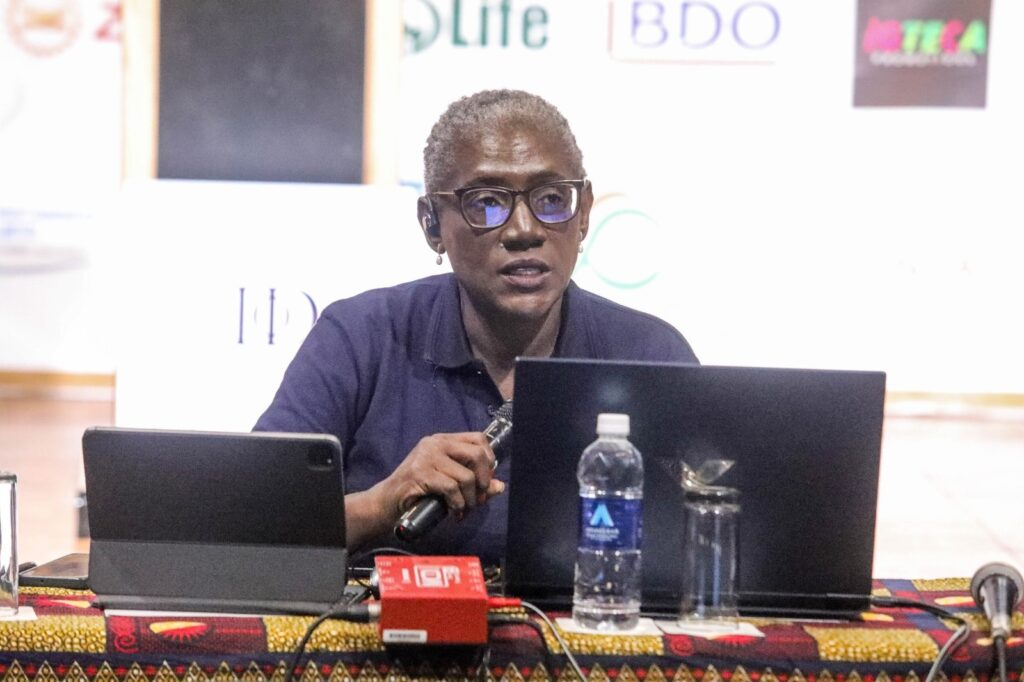Institute of Directors of Zambia (IoDZ) has condemned the practice of Chair-to-Chief Executive Officer (CEO) transitions within the same institutions.
According to the Institute, this trend has been noted at Zambia Tourism Agency, Zambia Railways Limited, Cotton Board of Zambia and ZCCM – IH.
Yesterday, ZCCM- IH announced the appointment of Kakenenwa Muyangwa as its Chief Executive Officer, following his retirement as a Non-Executive Director and Chairperson of the ZCCMIH Board.
But IODZ President Miriam Chiyaba, noted that the practice, which has recently come under intense public scrutiny, represents a serious violation of acceptable corporate governance principles and a breach of ethical leadership standards.
Ms. Chiyaba stated the transitions compromise the integrity of oversight, distort succession planning and undermine stakeholder trust.
She urged the appointing authority to review the ZCCM – IH CEO appointment in the interest of good governance.
“The Institute of Directors of Zambia is gravely concerned by the growing trend of Board Chairpersons and Board Members resigning only to immediately assume the role of CEO within the same organizations they were meant to oversee.”
“When a Board Chair resigns and approves corporate strategy and later executes it as CEO, it raises serious concerns about conflict of interest, impartiality and concentration of power,” Ms. Chiyaba stated.
She noted that such conduct contravenes Article 8(e) of the Constitution of Zambia, Amendment Act No. 2 of 2016, which has prescribed good governance and integrity among national values and principles to guide national and economic development.
Ms. Chiyaba added that the transitions also contravene Clause 17 of the LuSE Corporate Governance Code, which mandates that the roles of Chairperson and CEO be held by separate individuals.
“The conduct also undermines provisions in the Companies Act No. 10 of 2017, which emphasizes directors’ fiduciary duties and prohibits abuse of position for personal gain.”
“Further compounding this concern are findings from the Auditor General’s 2023 Report, showing that some boards exhausted their full annual governance budgets within the first quarter. This reflects not just poor financial stewardship, but a troubling culture of entitlement among some board members,” she said.
She called on regulators, institutional investors and shareholder bodies to take decisive action to curb the malpractice, further stressing the need for all boards to embrace transparent, merit-based succession planning that is free from conflict of interest.
“Zambia deserves a governance culture built on good governance and integrity as enshrined under Section 8 (e) of the Constitution of the land.”
“IoDZ remains ready to work with all stakeholders committed to restoring confidence, integrity and professionalism in Zambia’s corporate leadership,” Ms. Chiyaba added.



